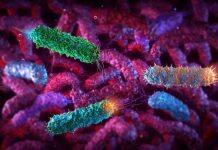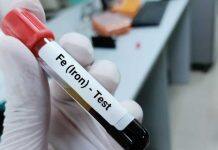Four economic scenarios for the rest of the decade
There are four economic scenarios for the rest of the decade: I’ve reluctantly picked one, writes Professor Percy Allen from the UTS Institute for Public Policy and Governance.
How do you earn a high GPA? Tips from a top University of Toronto...
Charlotte Wargniez didn’t just graduate from the University of Toronto at 17 years old, she was recognized for being the top female science student across the university’s three campuses.
Food security in developed countries shows resilience to climate change
A study by the University of Southampton has found that market forces have provided good food price stability over the past half century, despite extreme weather conditions.
Lights, camera, action—the Wellington Animation Film Festival and Victoria University of Wellington
Creative Aotearoa French Exchange recently partnered with Te Herenga Waka—Victoria University of Wellington to deliver the inaugural Wellington Animation Film Festival.
Obese and overweight children at risk of iron deficiency
Children and young people who are overweight or obese are at significantly higher risk of iron deficiency, according to a study by nutritional scientists at the University of Leeds.
New book celebrates NZ’s ‘six-legged ghosts’
New Zealand insects, whose lives are often invisible to city-dwellers, are put under the microscope in a new, richly illustrated book.
Weaving wisdom into a resilient future for Pacific students
Te Kunenga ki Pūrehuroa Massey University is pleased to present the ‘Weaving Wisdom into a Resilient Future 2024-2027 Pacific Plan’, a new student success plan that is guided by a Pacific lens.
Scientists inspire the next generation
School pupils have been inspired by world-renowned scientists as they learned about the latest innovations in molecular biology at The Astbury Conversation.
UC academic elected as Royal Society Fellow
University of Canterbury Mechanical Engineering Professor Dan Zhao has been made a Ngā Ahurei a Te Apārangi Fellow by the Royal Society.
Greater fuel resilience needed – study
New Zealand needs to act now to boost food and fuel resilience for future global catastrophes, researchers argue.


















































